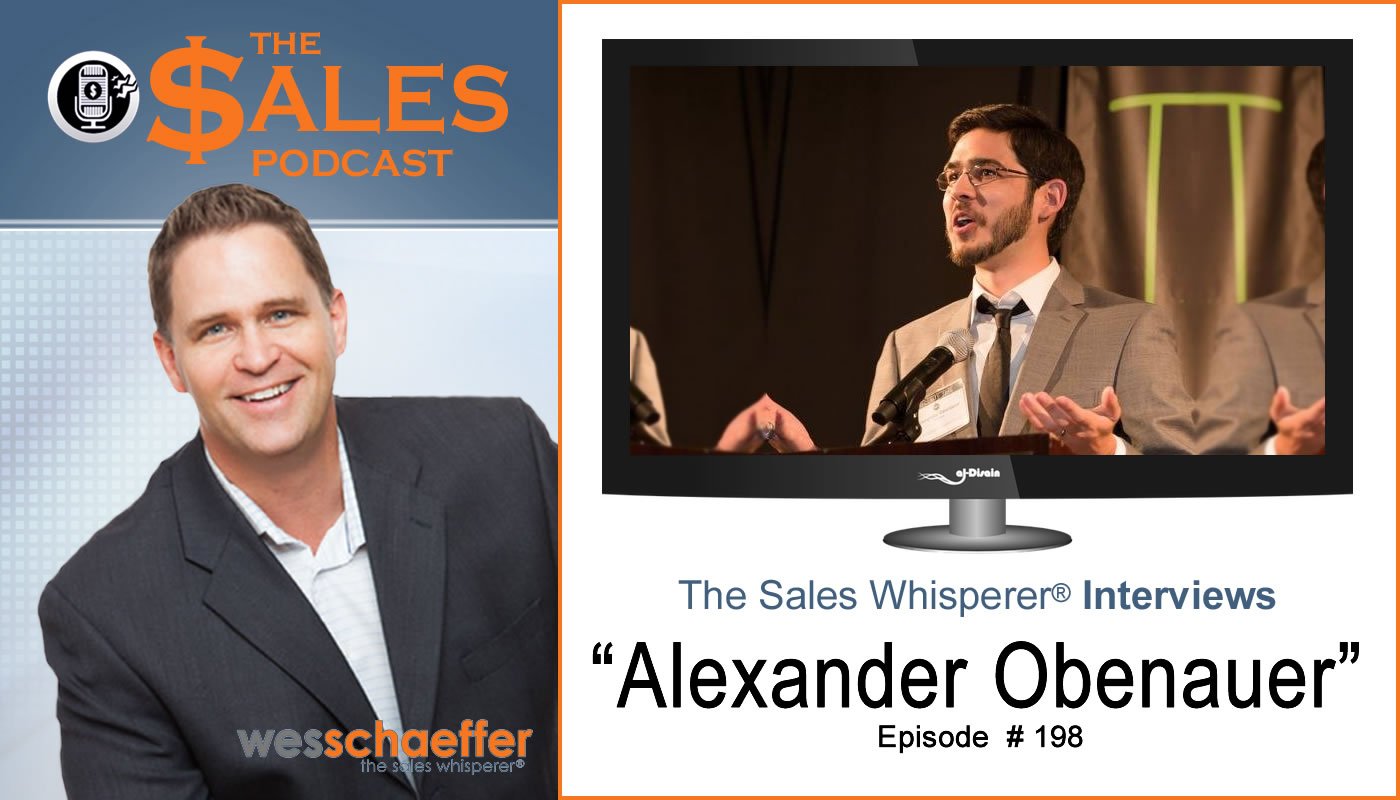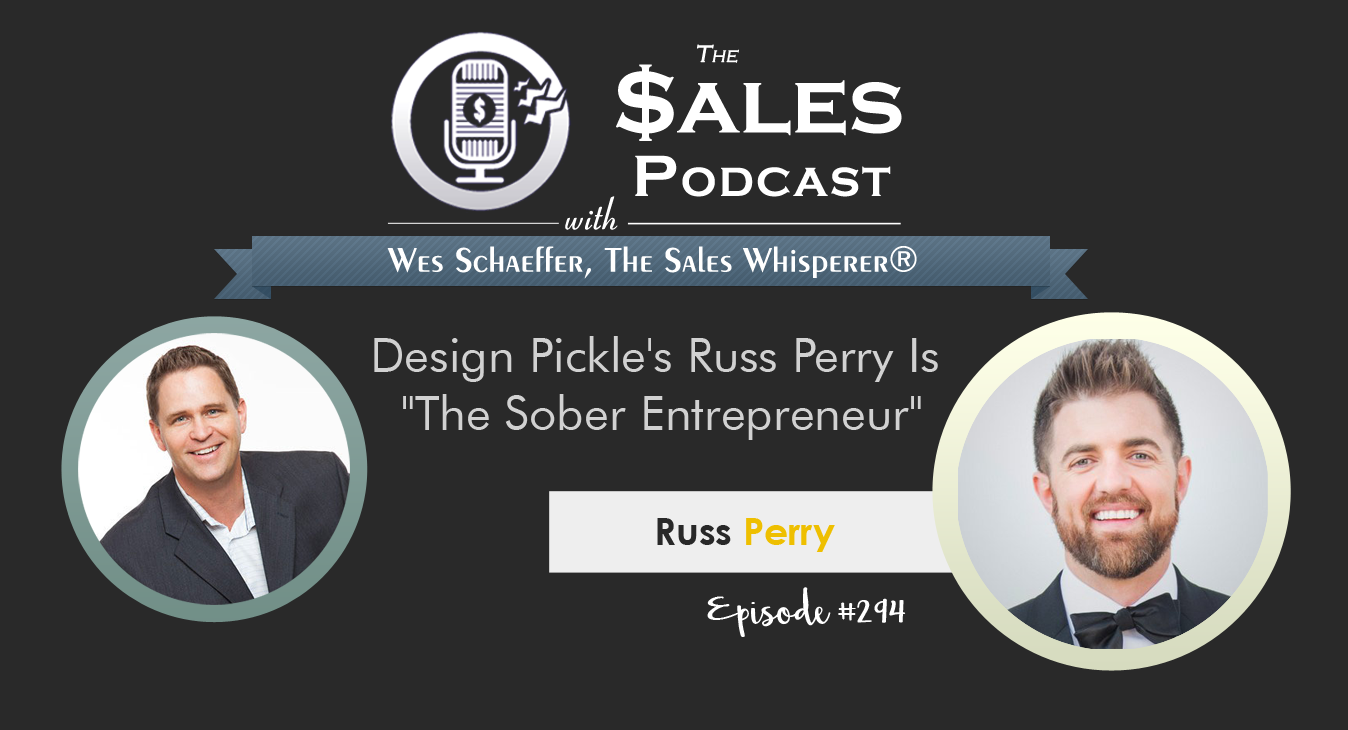The media have predicted 10 of the last 3 recessions
I barely remember sitting in the family sedan waiting for gas in the early 70's.
I attended high school in Houston during the 80's oil bust and the Savings & Loan crisis.
I was in college during the mild 1991 recession so I didn't really feel that one.
I was a newly licensed stock broker during the great stock market crash of 1997.
I was in technology sales during the bursting of the dot com bubble of the early 2000's.
The dot com implosion lead to Dell having its first layoff in the company's history, and the city of Austin went into its own recession. I lived in Austin during the worst of it.
Since 2004 I have lived at ground zero of the housing collapse, which began in earnest in 2008 here in Southern California, and we still have vacant commercial buildings eight years later.
Suffice it to say I have seen some bad economies in my 49.5 years.
And over this nearly-half century there have been countless stories predicting the fall of mankind. The prediction of famines and pestilences, chaos, and anarchy.
The experts have made their predictions, amended their predictions, explained why they missed their predictions, and fumbled to make you believe that this time really is different.
Yet through it all I have made money and grown my family and fed and clothed my family and kept a roof over our heads.
I've also made friends, acquaintances, and hired mentors and coaches who have made even more money, despite the talking heads predicting doom and gloom.
SIDEBAR: For a while I was a stock broker when I got out of the Air Force and I'll always remember a trainer asking "Do you know why stock brokers aren't rich? It's because they don't believe their own B.S." That goes double for economists.
Jack Welch, the great leader of General Electric from 1981 to 2001 who helped the company's value grow 4,000% during his tenure, said many great things about change including:Change before you have to,"
Control your own destiny or someone else will,"
An organization's ability to learn, and translate that learning into action rapidly, is the ultimate competitive advantage," and
If the change outside of your organization is greater than the change within, the end is near."
According to Thomas J. Stanley, author of "The Millionaire Next Door," 80-86% of millionaires are self-made.
The Cato Institute states that nearly 80% of millionaires are the first generation in their families to be wealthy and nearly 33% were entrepreneurs or managers of non-financial businesses.
Not only that, NYU sociologist Dalton Conley says that “higher-income folks work more hours than lower-wage earners do.”
In Thomas C. Corley's research, as documented in his best selling book "Rich Habits: The Daily Success Habits of Wealthy Individuals,"
- 67% of the wealthy watched less than an hour of T.V. a day, whereas 77% of the poor watched more than an hour of T.V. a day.
- 87% said they never purchased a new luxury car in their lives.
- 44% said they purchase a used car every five years.
So you see, your financial well-being is within your control regardless of the outside environment or economy.
In fact, the greater the turmoil outside, the greater the opportunity...if you are prepared.
As my good friend, Dr Carney, mentioned to me recently, we don't fear change...we fear being unprepared for change. And I believe that to be true.
What are you doing to prepare for change? Who is helping you create more change internally than you face externally?
Now go sell something.
P.S. A semi-erudite dipshit by the name of Don Copeland posted on my Facebook Page the following:
I read your article and wanted to mention: when you have a great article title that is only a slight restatement of a Zig Ziglar quote, it's ethical to make the attribution.
I call Dipshit Don "semi-erudite" because he thinks he knows the source of my joke, which is the title of this post.
While I have certainly heard Zig say a variation of this joke about recessions—I own dozens of hours of his recordings and have read and listened to him more than I can count going back to 1994 when I was introduced to network marketing—Zig may not even be the first one to use this joke.
What Dipshit Don doesn't realize is that I began studying the financial markets while still at the United States Air Force Academy in 1991.
In 1996—while still in the Air Force—I received my first securities license. Upon resigning my commission in 1997 I became a fully-licensed investment advisor with my Series 7 and 65.
Around that time my extended family gave me a subscription to the late Richard Russell's "Dow Theory Letters," which I read daily for over a decade.
In 2004 I gobbled up "Bull's Eye Investing: Targeting Real Returns in a Smoke and Mirrors Market" by John Mauldin, whom I had been following online for years before his book came out.
While I do not recall the first time I heard Zig tell this joke, the first documented usage was by Paul Samuelson (September 19, 1966), "Science and Stocks", Newsweek, p. 92.
So was it unethical for Zig to say this joke without crediting Samuelson?
P.P.S. I credited no less than five people/sources in this original post, so it's clear I'm not seeking to "put one over" on anyone. When I use reference that is trademarked or copyrighted or otherwise unique, I always do my best to link to them for three reasons, as I heard Zig say.
- It's the right thing to do.
- It shows I've done my research.
- If they're wrong I can say "What the heck were those guys thinking?"
P.P.S. How pompous and sad must one be to attempt to shame and belittle someone in public over something so trivial as this? As Zig Ziglar would surely say about Dipshit Don,
Well bless his heart."









